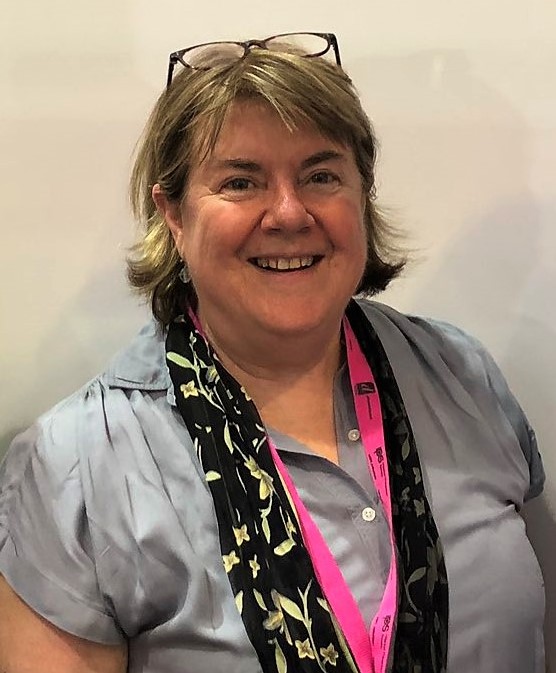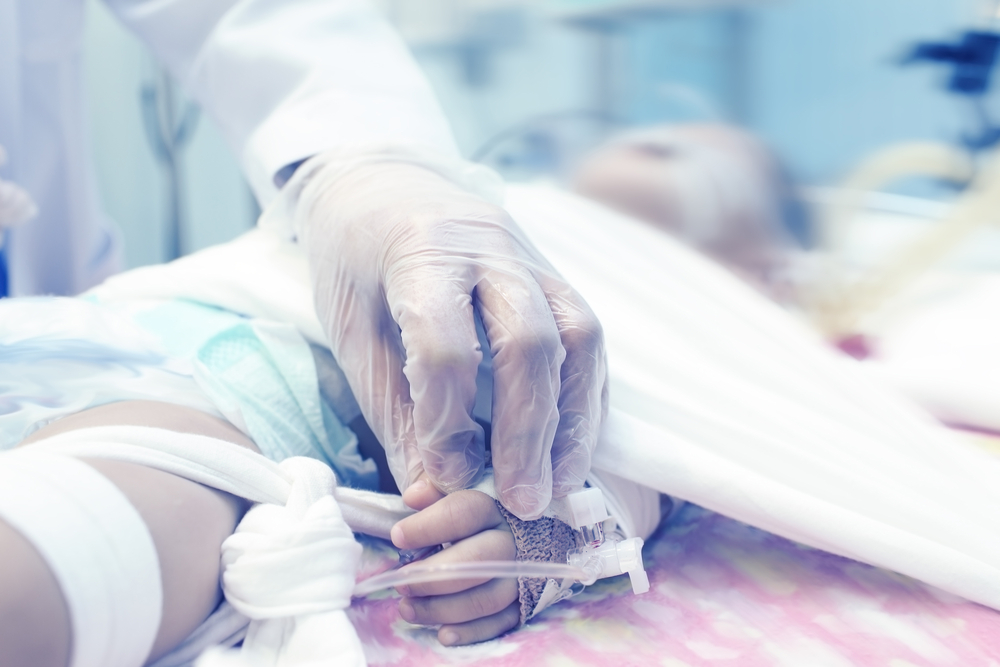OUTBREAK’s expert team spans many sectors, including the hospital system. For UTS Professor of Nursing Marilyn Cruickshank, the battle against antimicrobial resistance (AMR) has taken her from the ward to the policy table…
Q: Why did you get involved with OUTBREAK?

I’m a registered nurse but I’ve also had about 10 years’ experience working at a national level on policy around AMR and also considerable experience around implementation of antimicrobial stewardship.
I was interested in AMR back in the day before it really became a national and international topic. That came from being a clinician and seeing the outcomes of patients with resistant organism infections.
If we don’t have antibiotics that work against these infections, our patients are really going to suffer.
Many of the very important clinical strategies we have for patients, such as intensive care, organ transplantation or caring for newborn babies are really predicated on the fact that we have antibiotics that work. If we come to a situation where organisms aren’t responsive to antibiotics, we’re back where we were over 100 years ago.
Q: Your interest seems personal?
I have been a paediatric nurse working in intensive care for many years. We would see children coming in with bacterial meningitis, for example, but by getting the right diagnosis and the right antibiotics, those children would have a really good outcome.
But what if we didn’t have those antibiotics? What happened back in the past? They didn’t survive.
Q: What parts of OUTBREAK are you working on?
My main role has been on the Health outcomes team, as co-lead of Project Three, where we are looking at hospital use of antibiotics. I’ve been helping write the protocols to access the data we need and liaising with hospitals and laboratories to understand their data usage.
Also, OUTBREAK Project Five around mapping data from the Census with patient groups – aligning information that’s in the Census with certain patient groups, such as women over the age of 65.
I’ve also been looking at patient and stakeholder information, so that when OUTBREAK is up and running, we can understand how different stakeholder groups can use the data.
One of the scenarios we looked at is for a patient coming into hospital having a knee reconstruction – what sort of information can OUTBREAK have available online to help that patient better understand antibiotics.
Q: OUTBREAK is very data focused; will that be useful to health care professionals?
Yes, I think we need to do more to bring together data on antibiotic use and antibiotic resistance at a local level so that clinicians, policy makers and researchers have the information they need to know what’s working.
If we get good information at the local level, we can feed up to a national level and have an idea of what’s happening around the country – be able to see what works well and share that information.
Q: Is there something we can all do to safeguard the effectiveness of antibiotics?
The community has a big role to play. If you go to a GP and the discussion comes up about whether or not antibiotics are necessary, ask if you really need it.
On many occasions, the answer will be yes but if the patient is going to get better anyway without the antibiotics, then we’re probably better off to wait.
AMR is not a hopeless case. There are things that we can do – we can have good stewardship; we can manage our antibiotics wisely.
Through education and good programs, we’ve been able drive down antibiotic use in Australia but we’ve still got a long way to go.
Professor Marilyn Cruickshank is a registered nurse and Professor of Nursing Research at University of Technology Sydney.

